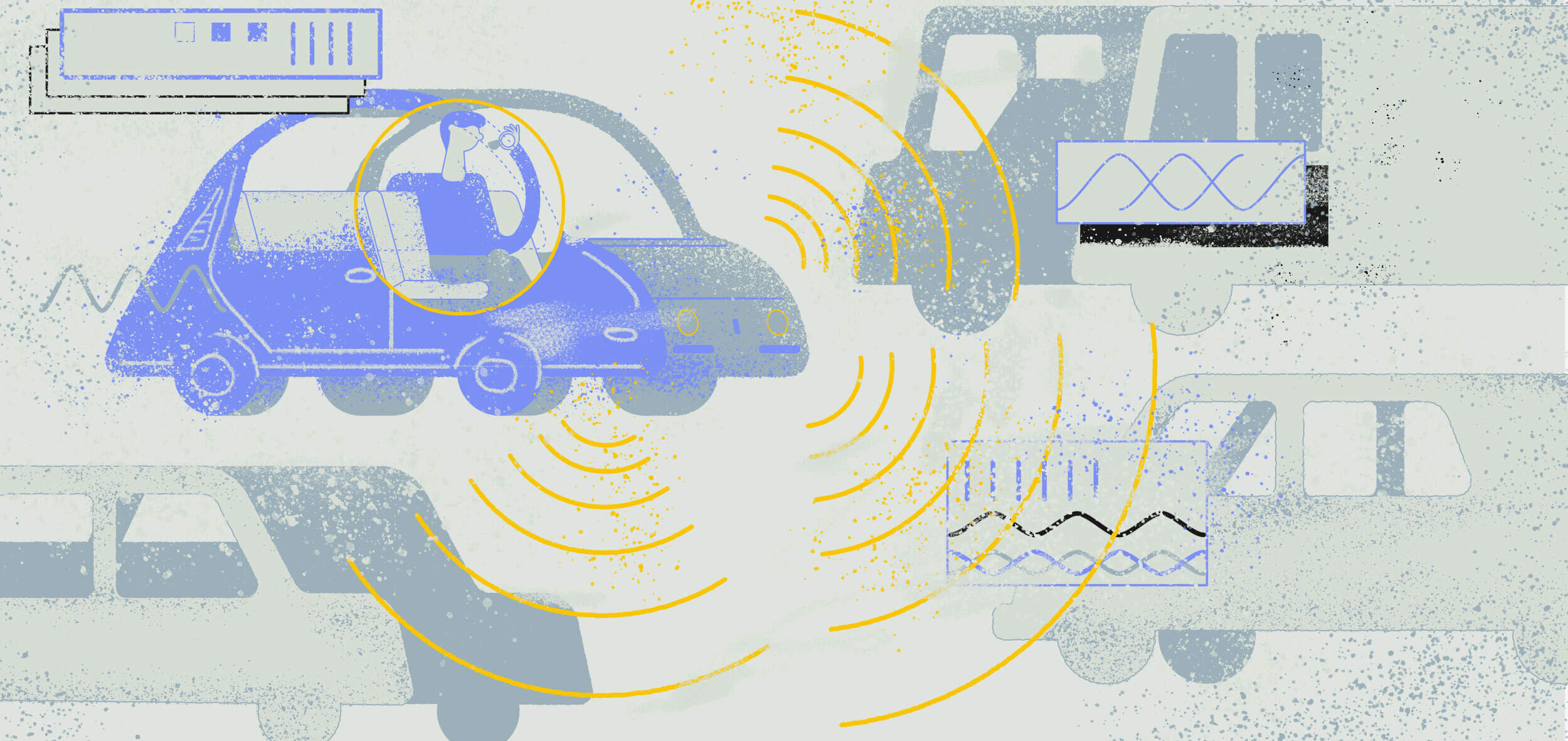


With daily technological advances, the world continues to be transformed in unimaginable ways. One such groundbreaking innovation is the rise of autonomous vehicles. These self-driving marvels are set to redefine how we travel and reshape the landscape of our cities.
In today’s column, let’s explore what autonomous vehicles are, how they work, their potential benefits, and their challenges as they roll into our lives.
What Are Autonomous Vehicles?
Autonomous vehicles, also known as self-driving cars, are vehicles that can navigate and operate without direct human intervention. They are designed to perceive their environment, make intelligent decisions, and perform the necessary actions to control the vehicle.
With various levels of automation, these vehicles range from semi-autonomous, where the driver still plays a role, to fully autonomous, where human input is not needed at all.
Challenges Facing Autonomous Vehicles
Despite the potential benefits, autonomous vehicles face numerous challenges:
Technological Limitations: While AI and sensor technology have come a long way, there are still hurdles to overcome. Adverse weather, complex traffic situations, and unpredictable human behavior can challenge even the most sophisticated self-driving systems.
Infrastructure: For autonomous vehicles to truly flourish, cities will need to invest in smart infrastructure that can communicate with these vehicles and support their operation.
Legal and Regulatory Issues: Lawmakers will need to create new legislation to address the unique challenges posed by autonomous vehicles, including liability in case of accidents and privacy concerns.
Public Acceptance: Trust in autonomous vehicles is crucial for widespread adoption. Convincing the public to relinquish control of their vehicles and trust AI will be a significant challenge.
The Future of Autonomous Vehicles
As autonomous vehicles continue to develop and improve, they have the potential to revolutionize the way we travel and reshape our urban landscapes. However, achieving this vision will require overcoming numerous obstacles.
Integration with Human-Driven Vehicles
In the foreseeable future, autonomous vehicles will share the roads with human-driven cars. This coexistence will require both types of vehicles to communicate effectively and cooperate. Developing systems and protocols that enable seamless interaction between them is crucial for maintaining road safety and efficiency.
Standardization and Interoperability
As various companies develop autonomous vehicles, ensuring compatibility and standardization among these systems will be essential. Governments and industry leaders must collaborate and establish standards to facilitate communication, safety features, and data sharing among all vehicles on the road.
Cyber security
The reliance on computer systems, AI, and connectivity makes autonomous vehicles vulnerable to hacking and cyber-attacks. Ensuring the security of these vehicles is paramount to maintaining safety and protecting user privacy. Manufacturers must invest in robust cyber security measures and develop systems to withstand potential threats.
Ethical Considerations
Autonomous vehicles bring about new ethical dilemmas that must be addressed. For example, how should a self-driving car be programmed to respond to a situation where a collision is unavoidable and has different potential victims? Ethicists, AI developers, and policymakers must work together to tackle these complex questions.
Final Thoughts
The future of autonomous vehicles promises exciting possibilities and transformative changes in how we live and move around our cities. However, their successful integration into society depends on overcoming numerous technical, legal, and social challenges.
As these vehicles become more advanced and their presence on the road more widespread, it’s essential for all stakeholders to collaborate and pave the way for a safer, more efficient, and more accessible world of transportation.
Abhishek Anand is the founder of Skill Bud Technologies Pvt. Ltd. He is also an author, speaker and mentor.